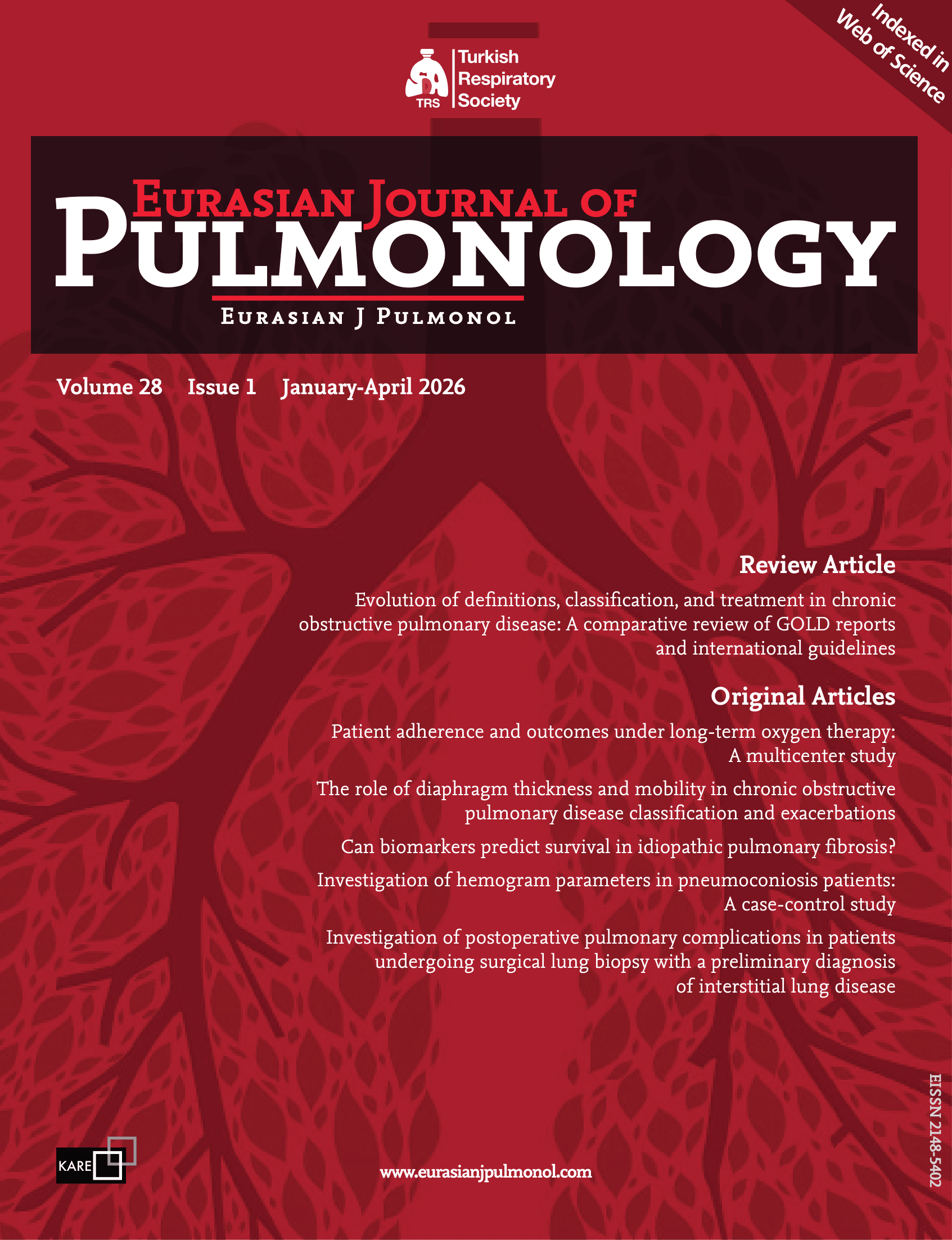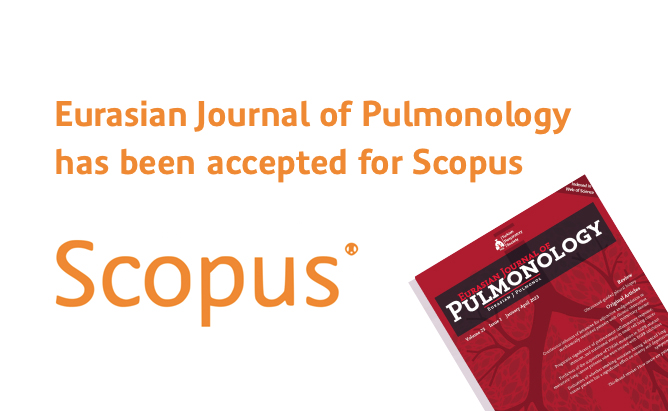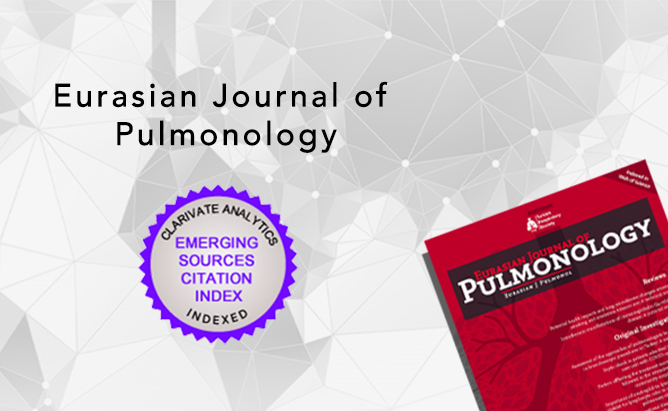2Department of Infectious Diseases, Faculty of Medicine, Kahramanmaras Sutcu Imam University, Kahramanmaraş, Turkey
3Department of Psychiatry, Faculty of Medicine, Kahramanmaras Sutcu Imam University, Kahramanmaraş, Turkey
4Department of Biostatistics, Faculty of Medicine, Akdeniz University, Antalya, Turkey
Abstract
BACKGROUND AND AIM: Tuberculosis (TB) is a terminal disease, which ranks first among infectious diseases throughout the world. Various psychosocial disorders, including anxiety and depression, first and foremost, and their undesired consequences are observed frequently in TB patients. In various studies, the psychosocial aspects of the disease have been investigated on several accounts, yet their temperament and character profile have not been examined. We intended to identify personality traits through temperament and character profiles of TB patients and compare them with healthy individuals in this study.
MATERIALS AND METHODS: In this study, a 240-item self-administered temperament and character inventory (TCI) and a 14-item Hospital Anxiety and Depression Scale were employed. Forty-five TB patients and 48 healthy volunteers participated in the study.
RESULTS: While average harm avoidance (HA) scores in TB patients were significantly higher than the scores of healthy controls, their average social acceptance scores, in turn, were significantly lower. Depression scores were significantly higher in TB patients than those of the control group (P = 0.049), whereas anxiety scores were insignificantly higher. TCI profiles were not correlated with anxiety and depression scores of TB patients.
CONCLUSION: The current study found that HA scores in TB patients were higher, while social acceptance scores were lower. Prospective studies may lead to specific and in focus interventions designed for TCI in TB patients. Consequently, the assessment and treatment of TB in clinical practice should also include psychosomatic approaches.




 Fulsen Bozkuş1
Fulsen Bozkuş1 




